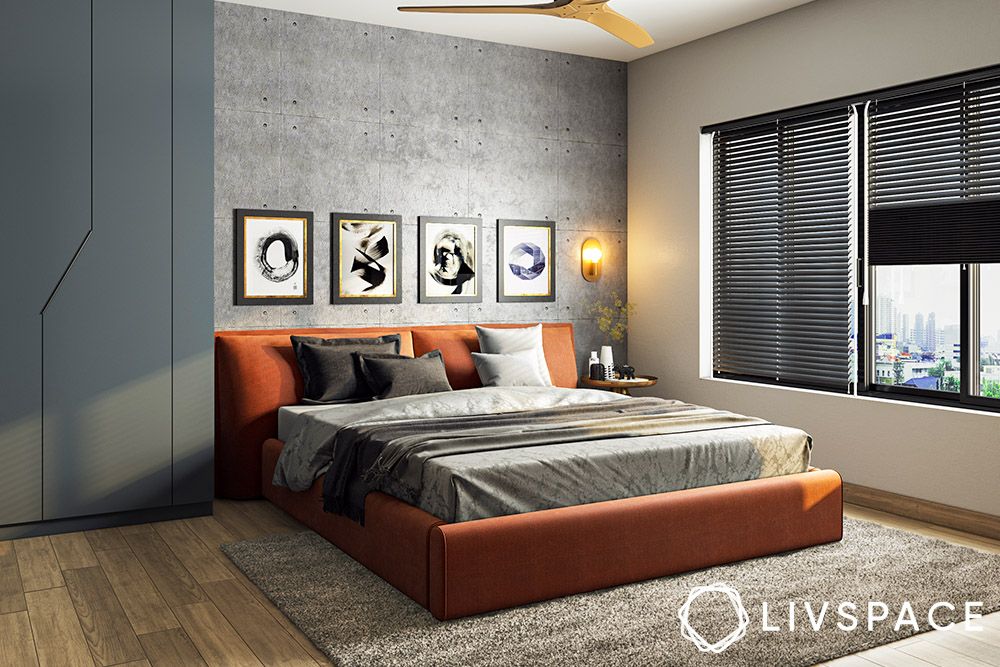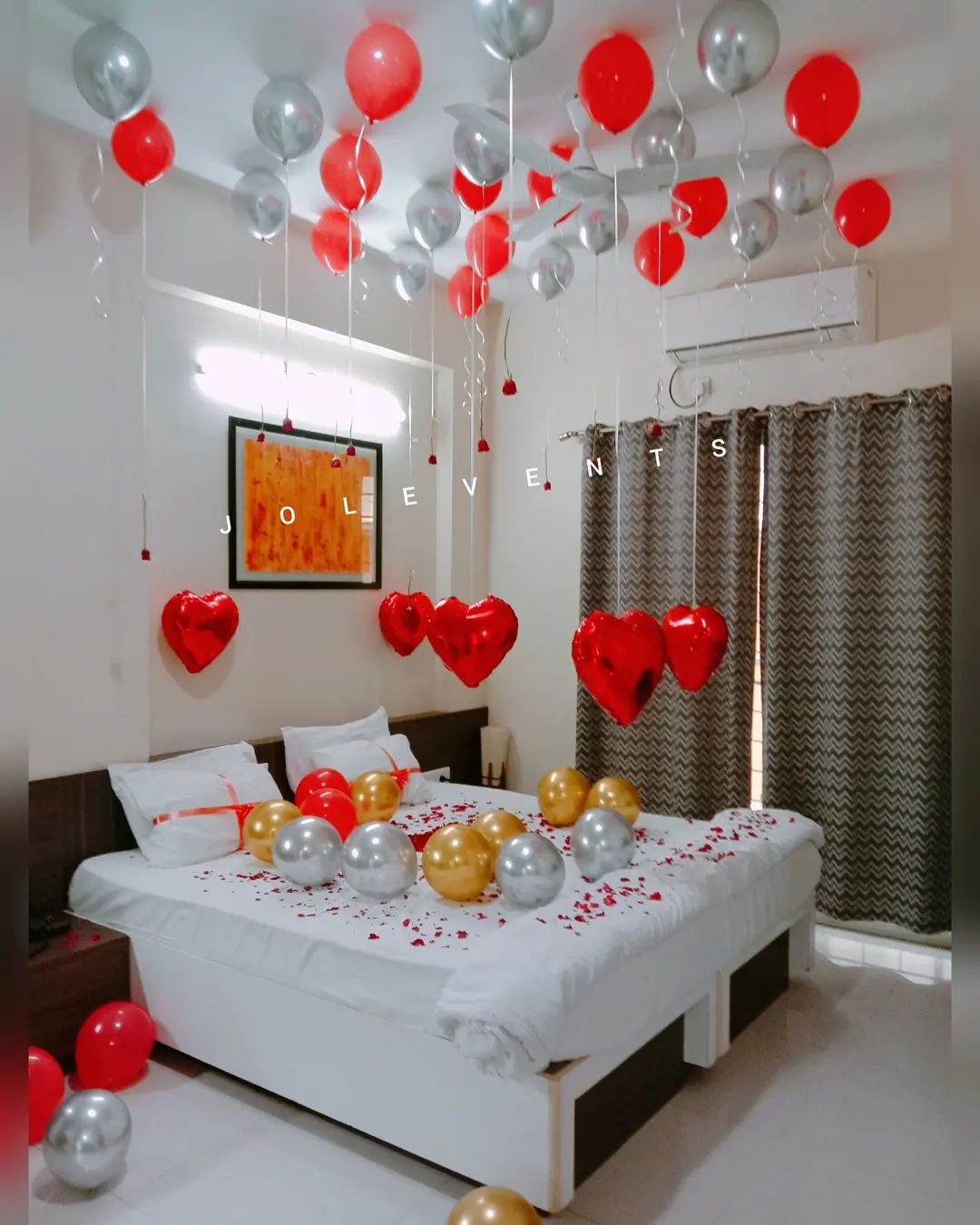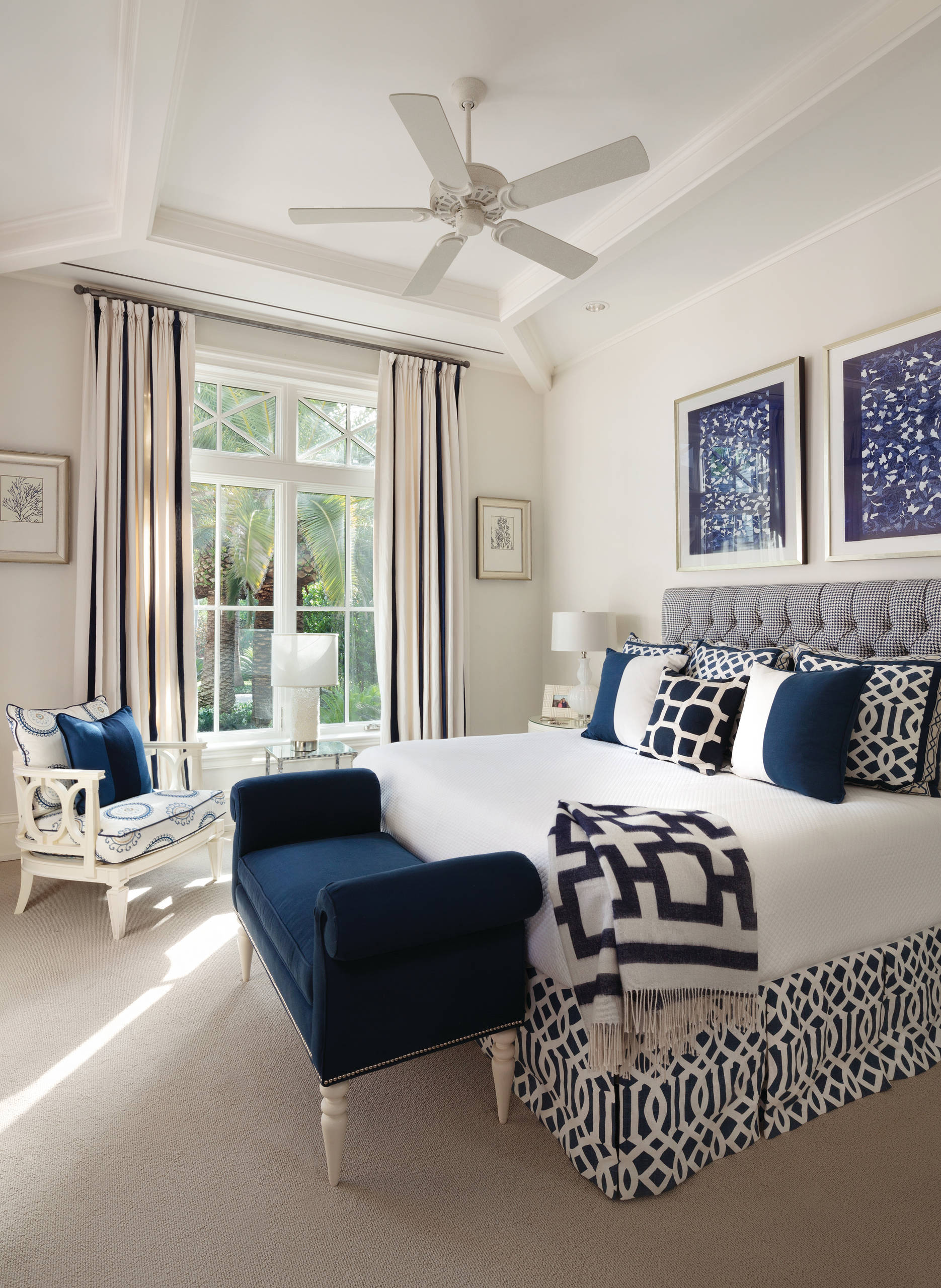Introduction
Room decoration is an art form that reflects your personality, taste, and lifestyle. Whether you’re moving into a new home or looking to refresh your existing space, the way you decorate your room can significantly impact your mood, productivity, and overall well-being. In this article, we will explore various room decoration ideas, tips, styles, and personal experiences that can inspire you to create a space you’ll love.
Understanding Your Space
Assessing the Room’s Purpose
Before diving into decoration, it’s crucial to understand the purpose of the room. Is it a personal sanctuary, a functional workspace, or a lively social area? Each function will have different decor considerations. For example, a bedroom should evoke tranquility, while a living room may prioritize comfort and social interaction.
Evaluating Size and Layout
The size of your room plays a significant role in decoration. Small rooms can benefit from light colors and minimalist decor, while larger spaces may need bold accents or furniture to fill the space effectively. Take a moment to analyze the layout and think about how you want to arrange your furniture.
Finding Your Style
Your home is a canvas, and finding your style is the first step towards creating a beautiful space. Here are some popular decoration styles to consider:

1. Minimalist
Minimalism focuses on simplicity, functionality, and a clutter-free environment. Using neutral colors, clean lines, and essential furniture pieces can create a serene atmosphere.
2. Bohemian
The Bohemian style is all about vibrant colors, eclectic patterns, and a mix of textures. Incorporating various cultural elements can give your room a unique flair.

3. Industrial
Emphasizing raw materials like metal, wood, and concrete, the industrial style is perfect for lofts or urban apartments. It combines a modern aesthetic with vintage touches.
4. Scandinavian
Characterized by simplicity, functionality, and minimalism, Scandinavian design often features light woods, soft hues, and cozy textiles, creating a warm, inviting atmosphere.

5. Modern Farmhouse
Combining rustic charm with modern conveniences, this style often features a neutral color palette, wooden accents, and vintage decor elements.
Color Schemes That Inspire
Choosing the right color scheme is crucial for your room’s ambiance. Colors evoke emotions and can change the perception of space. Here are some popular palettes:

Neutral Tones
Beige, gray, and white create a calm environment. These hues can be accented with colorful decor elements.
Pastel Shades
Soft pastels like mint, lavender, and blush can give your room a fresh and airy feel.

Bold Colors
Deep blues, rich greens, or vibrant yellows can make a statement, perfect for an accent wall or decor pieces.
Comparison Table: Color Scheme Impact
| Color Scheme | Emotional Impact | Best Room Use |
|---|---|---|
| Neutral Tones | Calm, soothing | Bedrooms, living rooms |
| Pastel Shades | Fresh, cheerful | Nurseries, bathrooms |
| Bold Colors | Energetic, dramatic | Social spaces, accent walls |

Furniture Selection
Choosing the Right Pieces
Furniture is the backbone of your room’s function and style. Here are some tips for selecting the right furniture:
- Measure your space: Ensure that your furniture fits well and doesn’t overcrowd the room.
- Opt for multi-functional pieces: Look for furniture that can serve more than one purpose, such as a sofa bed or an ottoman with storage.
- Prioritize comfort: Especially for seating, make sure your furniture is comfortable as well as stylish.
Arranging Your Furniture
The arrangement of furniture can drastically alter how a room feels. Here are some effective arrangements for different rooms:

Living Room Arrangement Ideas
Consider the following layouts:
- Traditional: All seating facing a focal point such as a fireplace or television.
- Conversational: Sofas and chairs arranged to facilitate conversation.
- Symmetrical: Balanced arrangement, perfect for formal settings.
Bedroom Layout Tips
In bedrooms, focus on the bed being the central piece:
- Place the bed against the longest wall.
- Use nightstands on either side to create balance.
- Consider a cozy reading nook in a corner for added functionality.
Accessorizing Your Room
Importance of Accessories
Accessories can elevate your room’s decor by adding personality and warmth. Here’s how to effectively accessorize:
- Layer textiles: Use pillows, throws, and rugs to add texture.
- Incorporate art: Wall art, photos, and sculptures can create focal points and express your creativity.
- Add nature: Plants or fresh flowers can bring life and freshness to your space.
Tips for Choosing Accessories
When selecting accessories, consider these tips:
- Choose pieces that reflect your style.
- Mix and match textures and materials for visual interest.
- Don’t overcrowd: Less is often more when it comes to decor.
Lighting: Setting the Mood
Types of Lighting
Lighting can transform a room, affecting both its functionality and ambiance. Here are the primary types of lighting:
- Ambient Lighting: Provides overall illumination.
- Task Lighting: Focused lighting for specific tasks, like reading.
- Accent Lighting: Highlights specific features or decor elements.
Choosing the Right Lighting Fixtures
When selecting lighting, consider:
- The room’s purpose: Bright lighting for workspaces, soft lighting for relaxation areas.
- Style: Ensure fixtures match your room’s decor style.
- Placement: Strategically position lights to enhance the room’s design.
Personal Experiences and Tips
My Room Transformation Journey
Transforming my own room was a rewarding experience. I started by decluttering and assessing what I really wanted. Choosing a color palette was challenging, but I ended up with a calming teal and white scheme that I’m still in love with. I sourced vintage furniture that not only fits my style but also tells a story. Adding personal touches like family photos and travel souvenirs helped create a space that truly feels like home.
Essential Tips for Room Decoration
Here are some tips that helped me along the way:
- Don’t rush: Take your time to find pieces you love.
- Be open to change: Your style may evolve, and that’s okay!
- Have fun: Enjoy the process of creating your perfect space.
Conclusion
Room decoration is more than just aesthetics; it’s about creating a space that reflects who you are and enhances your daily life. By understanding your space, selecting the right style, and accessorizing thoughtfully, you can transform any room into a beautiful sanctuary. Remember, the best decoration is one that resonates with you personally. Now it’s time to unleash your creativity and start decorating!
FAQs about Room Decoration
1. What is the most important factor in room decoration?
Understanding the purpose of the room is crucial. This guides your choices in color, furniture, and accessories.
2. How can I make a small room look larger?
Use light colors, mirrors, and multifunctional furniture. Keep the layout open to create a sense of space.
3. What are some budget-friendly room decoration ideas?
Consider DIY projects, thrift shopping, and repurposing existing furniture. Small changes like adding plants can also refresh a space without significant cost.
4. How often should I redecorate my room?
There’s no set rule, but consider redecorating every few years or when your style changes. Seasonal updates can also keep your space feeling fresh.
5. Can lighting affect the perception of room colors?
Absolutely! Different lighting can change how colors appear, so it’s essential to consider your light sources when choosing colors for your room.